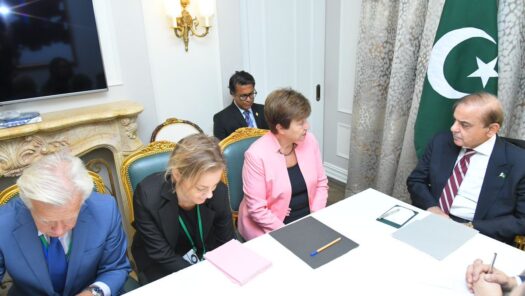
Pakistan, the IMF, and an Opportunity for Reform
Is Pakistan’s economy out of the woods and has it finally stabilized under the tutelage of successive International Monetary Fund (IMF) programs? That was a question on at least a few minds at the recently concluded IMF-World Bank Spring Meetings…
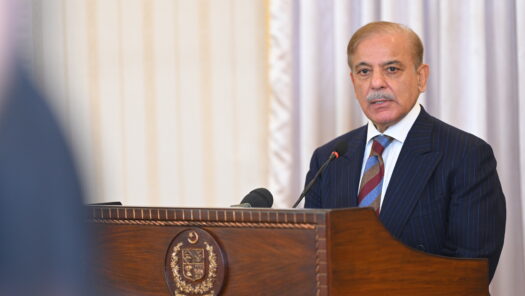
پاکستان کے اقتصادی رجحان کا جائزۂ نو: کیا اُڑان پاکستان قرضہ جات اور انحصارکی گردش سے باہر نکل پائےگا؟
دنیا میں بین الاقوامی مالیاتی فنڈ (آئی ایم ایف) کے سب سے بڑےقرضے حاصل کرنے والےممالک میں سے ایک ہونے کے باوجود پاکستان کی معیشت بڑھتی ہوئی غربت، افراطِ زر اور بے روزگاری کے ساتھ مسلسل ڈگمگاہٹ کا شکار ہے۔سمبر…

Reassessing Pakistan’s Economic Trajectory: Can Uraan Pakistan Break the Cycle of Debt and Dependency?
Despite being one of the world's largest recipients of International Monetary Fund (IMF) loans, Pakistan’s economy continues to falter, with rising poverty, inflation, and unemployment. In December 2024, Pakistan launched the Uraan Pakistan 5-Year Transformation Plan, a bold attempt to…
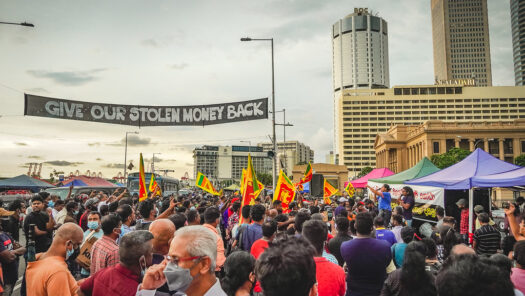
A New Era in Sri Lanka?: Implications of Dissanayake’s Presidency
Anura Kumara Dissanayake, leader of the leftist National People’s Power (NPP), rode a popular anti-establishment vote to power in last weekend’s Sri Lankan presidential election. The election, the first to be held at any level in the country since 2020,…
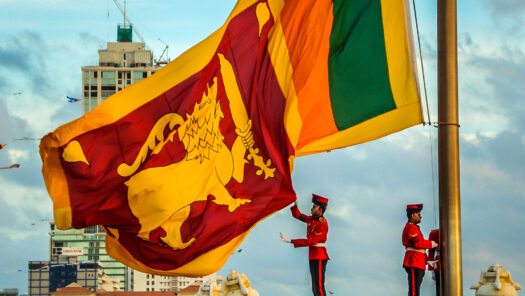
Sri Lanka in 2023: Short-Term Solutions to Long-term Problems
2023 was a transitional year for Sri Lanka as it continued to recover from its worst economic crisis since independence. While the previous year's mass Aragalaya (“struggle” in Sinhalese) protests in response to the crisis kicked out the previous government,…
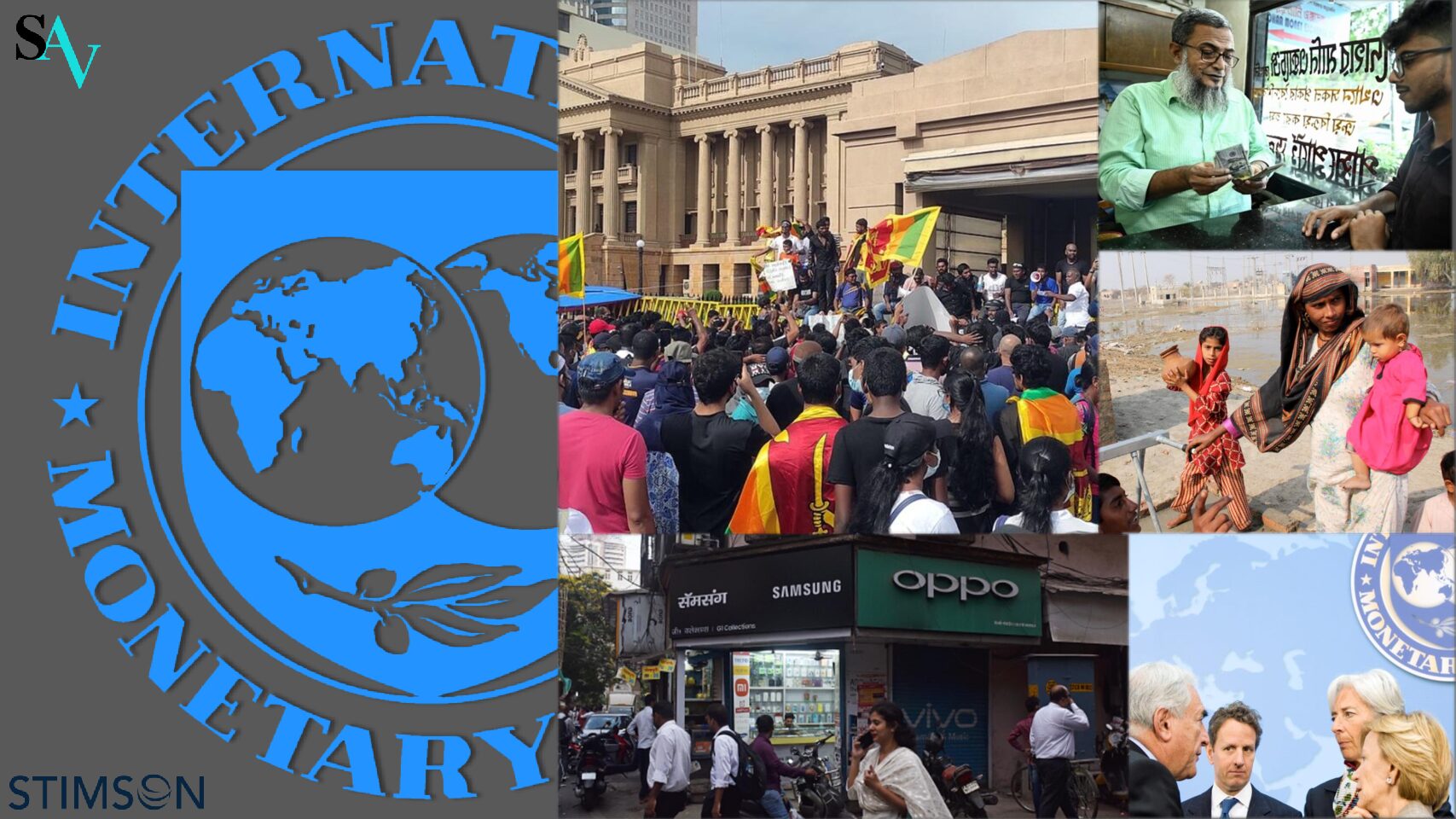
Assessing the IMF’s Role in South Asia’s Development
The International Monetary Fund has remained a critical actor in shaping South Asia’s economic evolution following the end of World War II. Nascent South Asian states integrated their localized economies with global markets and increased their international trade. However, economic…